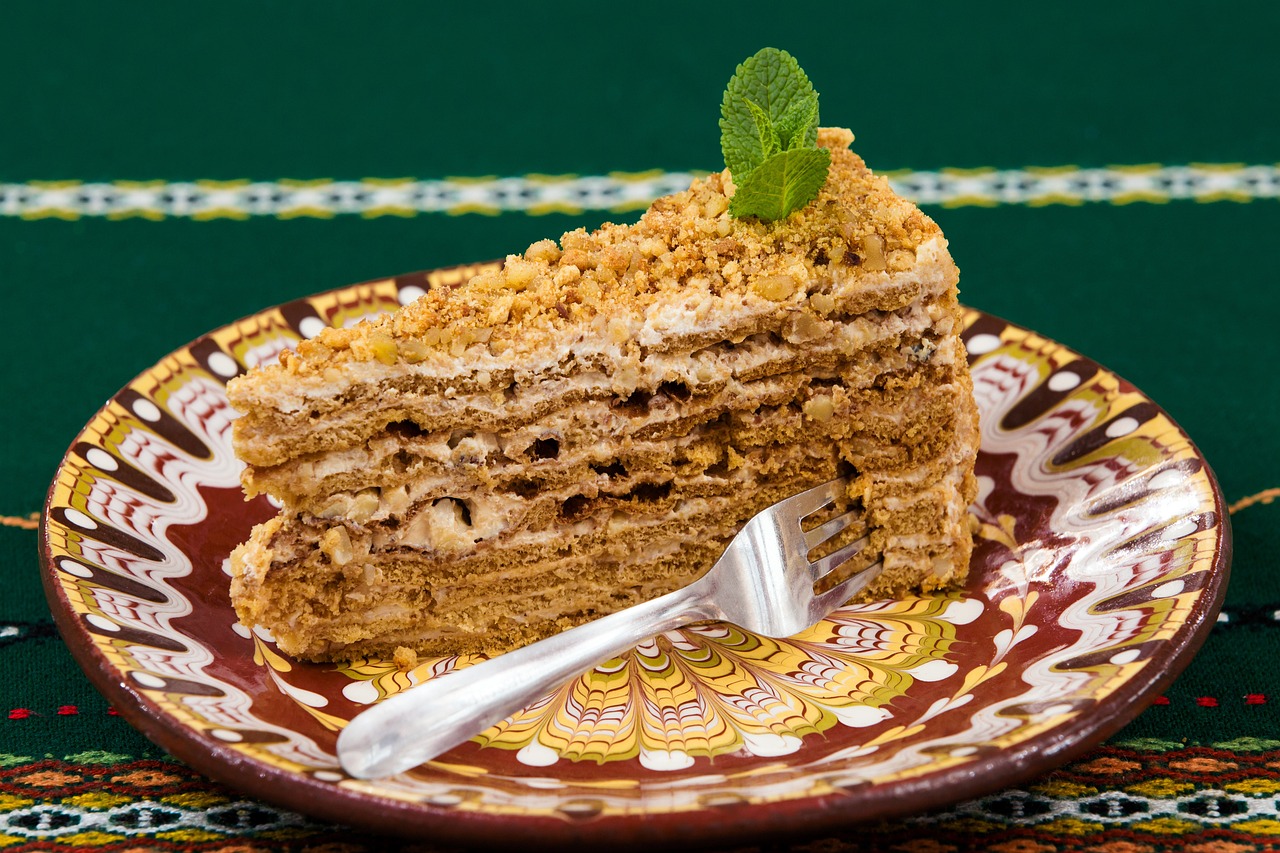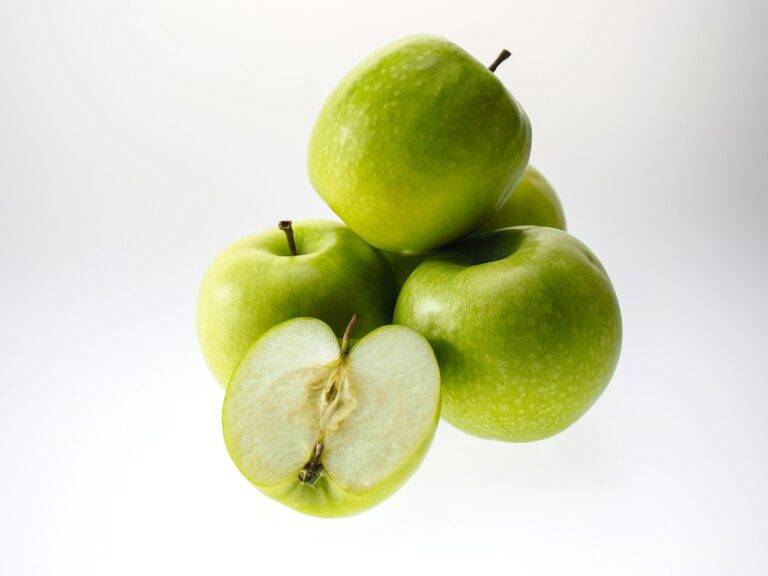Fermented Foods in Religious Ceremonies: Sacred Traditions and Rituals
betbhai9 id whatsapp number, playexch login, lotus 365 win: Fermented Foods in Religious Ceremonies: Sacred Traditions and Rituals
Fermented foods have been an integral part of religious ceremonies and rituals across various cultures and traditions for centuries. These foods hold significant importance in these practices, often symbolizing purification, offering, and community bonding. From sourdough bread in Christian communion to kimchi in Korean ancestral rites, fermented foods play a crucial role in connecting individuals to their faith and heritage.
In this article, we will explore the role of fermented foods in religious ceremonies, the symbolism behind their use, and the traditions that have been passed down through generations. Let’s delve into the sacred world of fermented foods and the customs that surround them.
The Significance of Fermented Foods in Religious Ceremonies
Fermented foods are often seen as more than just sustenance. They are believed to have transformative powers, both physically and spiritually. In many religious traditions, the process of fermentation is seen as a metaphor for growth, change, and evolution – qualities that are often associated with spiritual development.
For example, in Hinduism, fermented foods like yogurt and pickles are commonly offered to deities during prayers and rituals. The fermentation process is seen as a way to enhance the food’s purity and vitality, making it a more potent offering to the gods. Similarly, in Jewish culture, fermented foods like wine and sourdough bread are an integral part of Sabbath and holiday celebrations, symbolizing the passage of time and the cycle of life.
The Role of Fermented Foods in Community Bonding
Fermented foods have long been used as a way to bring communities together, forging bonds and strengthening social connections. In many cultures, the act of preparing and sharing fermented foods is a communal activity that brings people closer and fosters a sense of belonging.
For example, in Ethiopian Orthodox Christianity, the preparation of injera – a fermented flatbread – is a communal activity that is often done together by family members and neighbors. This process not only helps to strengthen social ties but also imbues the bread with a sense of shared history and tradition.
Similarly, in Japanese Shintoism, the brewing of sake – a traditional rice wine – is a sacred and communal practice that is often done in community shrines. This process of making sake together is seen as a way to honor the gods and bring people closer to each other.
The Symbolism Behind Fermented Foods in Religious Ceremonies
Fermented foods are rich in symbolism, often representing important themes and values in religious traditions. For example, in Christianity, wine – a fermented drink – is often used to symbolize the blood of Christ during communion, highlighting the sacrifice and redemption central to the faith.
In Tibetan Buddhism, fermented foods like tsampa – a barley flour mixture – are often used as offerings to the Buddha and other deities. The act of preparing and offering tsampa is seen as a way to cultivate generosity, humility, and mindfulness – qualities that are essential to spiritual practice.
FAQs
1. Are all fermented foods used in religious ceremonies?
Not all fermented foods are used in religious ceremonies. The choice of fermented foods often depends on the specific tradition, culture, and practices of a particular religion.
2. Can fermented foods be substituted in religious ceremonies?
Substituting fermented foods in religious ceremonies may not always be appropriate, as these foods often have deep-rooted symbolic meanings and cultural significance in a particular tradition.
3. How can one learn more about fermented foods in religious ceremonies?
One can explore books, articles, and documentaries that delve into the role of fermented foods in religious practices. Additionally, attending cultural events, festivals, and ceremonies can provide firsthand experience and knowledge.
4. What are some common fermented foods used in religious ceremonies?
Common fermented foods used in religious ceremonies include wine, bread, yogurt, kimchi, pickles, sake, and injera, among others.
5. How can fermented foods enhance spiritual connections?
Fermented foods are believed to have transformative powers that can enhance spiritual connections by symbolizing purity, vitality, and growth. Their communal preparation and sharing can also foster a sense of belonging and unity among individuals.
6. Are there any health benefits to consuming fermented foods in religious ceremonies?
Fermented foods are known to have various health benefits, including improved gut health, digestion, and immunity. Consuming these foods during religious ceremonies can offer both spiritual and physical nourishment.
In conclusion, fermented foods hold a sacred place in religious ceremonies, embodying symbolism, tradition, and community bonding. Their role in these practices transcends mere sustenance, offering a profound connection to faith, heritage, and spirituality. By exploring the world of fermented foods in religious rituals, we can gain a deeper understanding of the profound significance they hold in cultures around the world.







